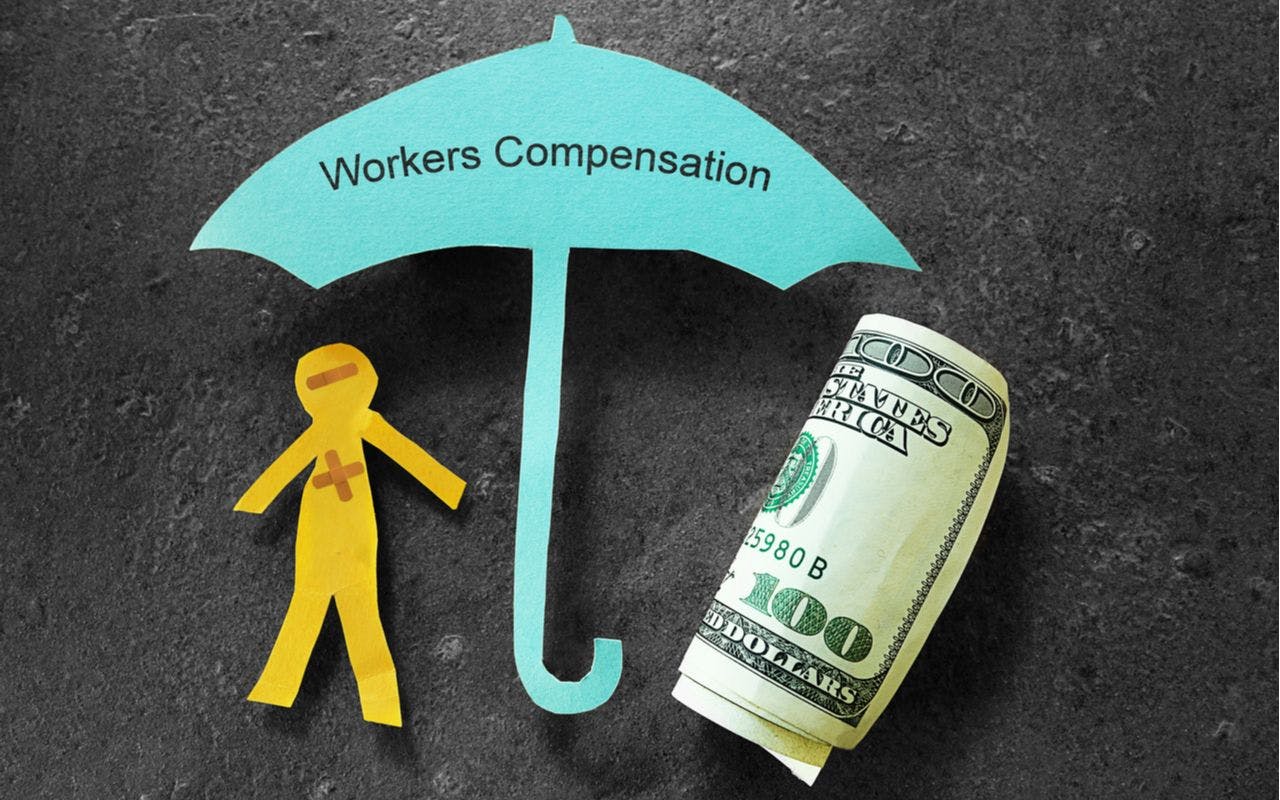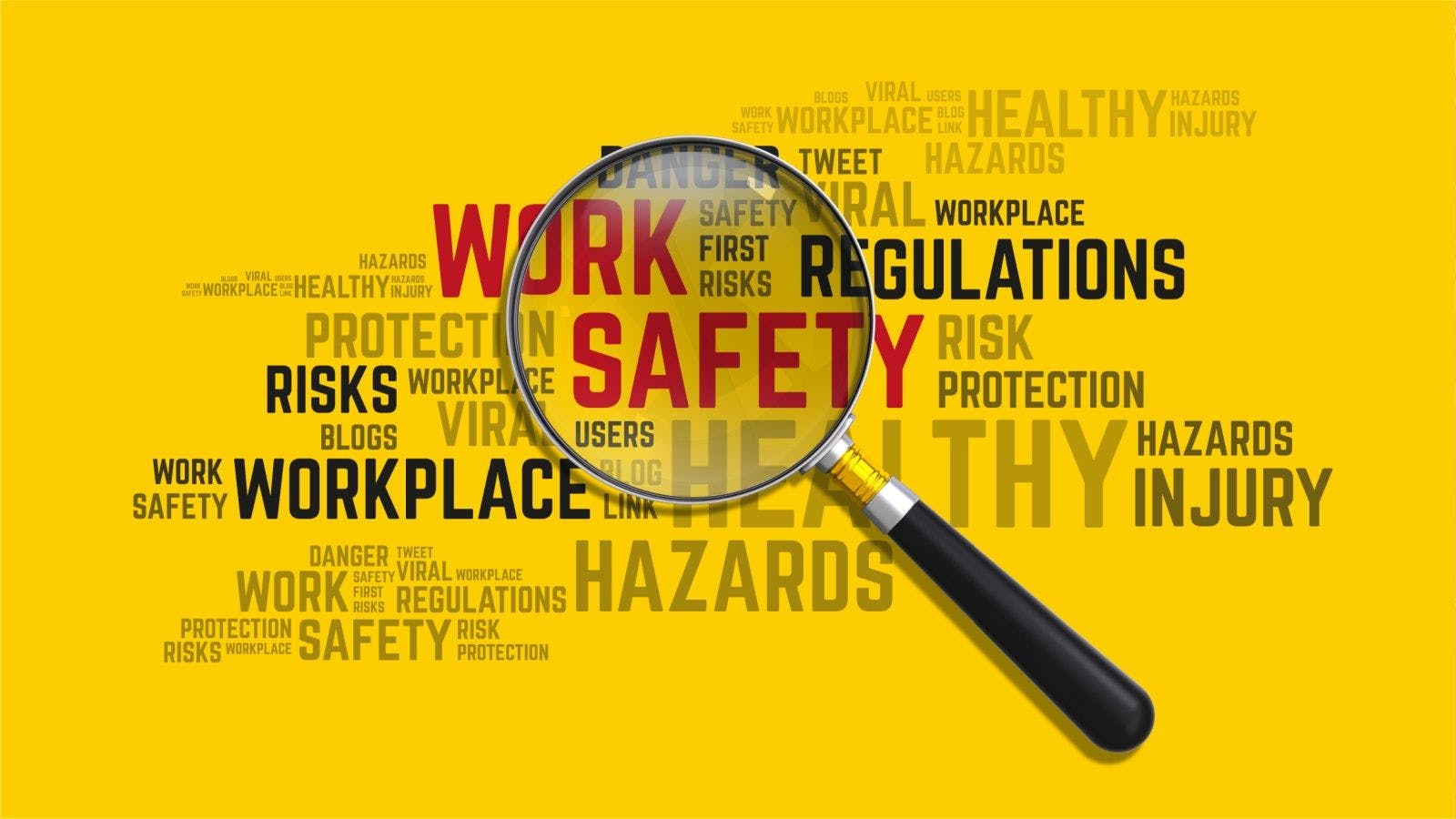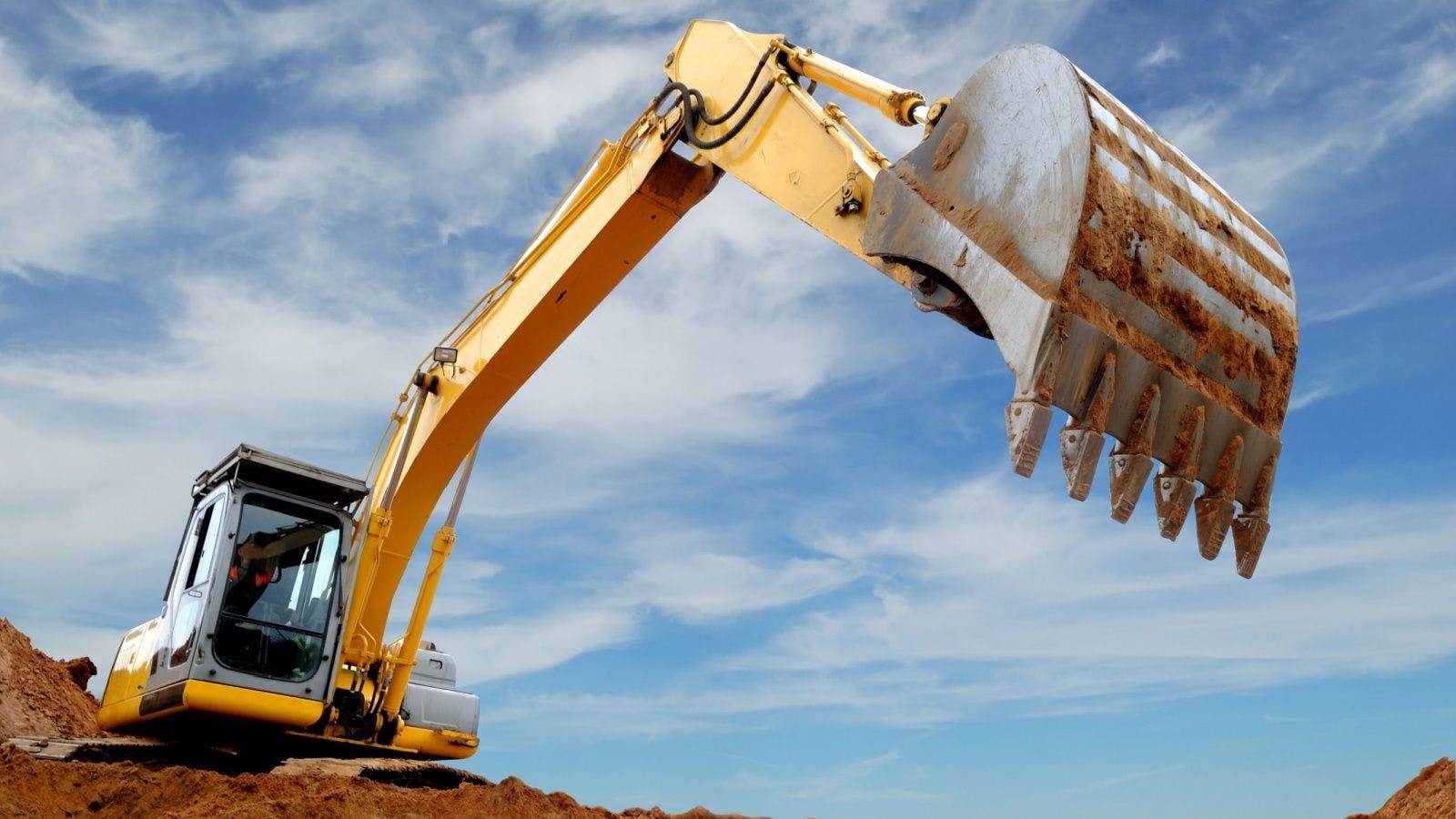
So…You’re in the Market for a New Workers’ Compensation Insurer?
It’s renewal time, and you are doing your annual shopping for a new workers’ compensation insurer—or are actively seeking a new insurer due to your displeasure with your current one.
You’re getting bombarded with calls from agents who proclaim that their nickel is shinier than anyone else’s.
What to do? Take the same objective, analytical approach you take before purchasing a new piece of equipment, starting a new division, introducing a new service or launching a new product.
Here are several criteria you can use to help you select a new workers’ compensation insurer.
1. PRICE, DIVIDENDS AND CREDITS
Of course, price is important, as is the prospect of getting dividends and credits for favorable loss experience.
However, what good is price if the service is lousy? What if you have a bad year including a number of non-preventable small accidents with injury, and one or more big claims? Poof! Dividends and credits go up in smoke, and the potential for non-renewal increases, especially if the underwriters perceive that you could have prevented the accidents.
2. CLAIM MANAGEMENT
Claim management is the flash point when it comes to staying or leaving a workers’ compensation insurer. With a workers’ compensation experience rating (you have either risen or fallen as a result of your “mod”), good claim management, with productive claim adjuster-policyholder communication, is more important than price.
What are competing workers’ compensation insurers telling you about their service- especially claims management?
Most insurers say “I want to be your partner,” but what does “partner” really mean? It is not unreasonable to ask your agent and competing agents what a partnership entails.
If you’re a member of a trade association, try to find members using the same insurance company. Ask:
- What are the worst things you can say about the company?
- How is the claims service?
- Has the company been your “partner” in investigating and managing claims?
- On a scale from 0 to 10, how satisfied were you with how the company’s claims adjusters managed your claims?
- Specifically, what did you like and dislike about how they managed or did not adequately manage your claims?
- Did the adjuster really listen to your concerns about questionable claims and do her/his due diligence to enable her/him to make an educated accept/deny decision?
- Did the adjuster explain how she/he made the decision to accept or deny the claim?
- Did the adjuster keep you informed throughout the life of the claim?
- Did the adjuster work with you to resolve the claim?
- Are you better off today than when you signed up with the insurance company?
Example of Unsatisfactory Claim Management:
When recently provided with a loss run showing three open claims, one of which was a death claim, an excavation and trenching contractor was shocked and dismayed. It is important to note that this contractor had an excellent safety program and years of favorable loss experience, with consistent .70-.75 experience modification rates.
He had provided claims adjusters with evidence that all three claims were questionable, and the adjusters stated that they would thoroughly investigate and likely deny the claims. The owner had not heard from the adjusters in months. Note that the death claim, reserved for more than $150,000, involved an equipment operator who had a heart attack on the job.
The owner stated unequivocally that though he had been insured with this company continually over the past 10 years, he would be moving his business to another insurer, regardless of cost. It takes years to nurture a good reputation but a moment to lose it.
3. LOSS CONTROL SERVICE
Ask other contractors similar questions about the prospective insurance company’s control service.
- Did your loss control consultant take the time to understand your business?
- Did they recommend practical, doable safety programs and practices?
- Did they help you comply with recommendations?
- Did they listen to your reservations about the difficulty of complying with what you perceive as unrealistic recommendations?
- Did they modify or withdraw these recommendations?
- Specifically, what did the loss control consultants do to improve your safety program and practices?
Additionally, when evaluating your current insurer’s loss control service and comparing it with what other insurers are telling you, ask yourself:
- Did the loss control consultant explain the purpose of their loss control surveys and visits?
- Did they spend time prior to starting the loss control visit that they had been asked to gather more in-depth information about your operations, safety programs and practices?
- Did they explain that this was not a “gotcha” exercise, but rather intended to help you to fill gaps, if any, in your safety program?
- Did they inform you of the questions that would be asked during the visit?
- Did the loss control consultant schedule the loss control survey and jobsite visit on a convenient day and time?
- Did the loss control consultant put you at ease and reiterate the purpose of the loss control survey?
- Did the loss control consultant describe their background and familiarity with your operations? Had the consultant seen your website?
- Did the loss control consultant instill confidence that they knew what they were doing? Were they familiar with safety regulations?
- Did they detail their recommendations during the survey? Did they summarize the visit and recommendations at the end of the survey?
- Did they tell you what comes next, such as that you will receive a recommendation letter with a request to reply within a specific period of time?
- Were the recommendations written so that you could easily understand them?
- Did the loss control consultant provide resources with each recommendation, e.g., sample programs and practices you could incorporate into your safety program?
- Did they offer to make themselves available to answer any and all questions, and to help you comply with the recommendations?
- Did they follow up with you after you received the recommendation letter?
- Did the loss control recommendations and loss control service make a difference?
Don’t forget to keep the “devil you know” in mind, as you might find that your current workers’ compensation insurer turns out to be the best of the lot.
Related stories








